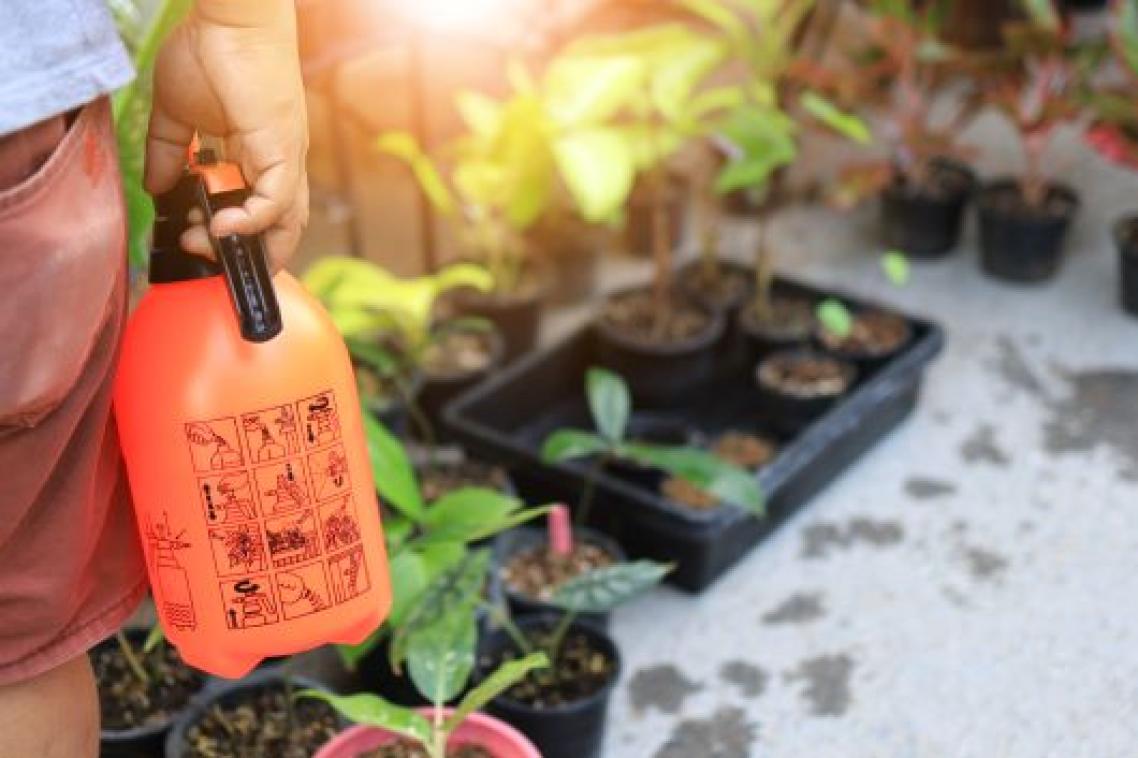Weed killer detected in Australian urine samples

An Australian-first study by researchers from The University of Queensland has found 8 per cent of urine samples drawn from the general public contained a common weed killer.
Dr Sarit Kaserzon and PhD candidate Garth Campbell from UQ’s Queensland Alliance for Environmental Health Sciences led a team which tested urine samples from more than 1,800 Australians and compared them with 27 samples from New Zealand farmers.
“We detected low levels of glyphosate, the world’s most commonly used herbicide chemical, in 8 per cent of the Australian samples,” Dr Kaserzon said.
“In comparison, there were high levels of glyphosate in 98 per cent of the samples taken from New Zealand farmers straight after they’d sprayed herbicide formulations.
“This indicates a strong link with occupational exposure for frequent users.”
Glyphosate can be ingested in food or water, or inhaled or absorbed through the skin when using products like weed killer.
A recent report by the Center for Disease Control and Prevention in the United States found more than 80 per cent of urine samples drawn from 2,310 American children and adults had traces of glyphosate.
The researchers say people shouldn’t be concerned by the low levels detected in the Australian samples, but are advised to use safety precautions.
“Farmers, or anyone else who regularly use chemicals containing glyphosate should wear goggles, protective gloves and avoid inhalation of dust and mist.
“I also highly recommend additional measures including protective clothing, mask wearing and hand washing after handling a product with glyphosate, and ensure it is stored safely.”
Dr Kaserzon said there is currently limited evidence around how glyphosate affects human health.
“But by understanding how people are exposed we can reduce or eliminate the potential risk,” she said.
“We hope our research is used to inform and improve regulatory decisions on protecting Australians’ health.”
The study is funded by the Australian Research Council and published in Science of the Total Environment.
Above left: Study lead Garth Campbell analysing glyphosate in urine samples.
Media:
Dr Sarit Kaserzon, k.sarit@uq.edu.au; Garth Campbell, garth.campbell@uq.net.au; UQ Communications, b.druery@uq.edu.au, +61 (0)435 221 246.
Related articles

Fifty UQ researchers awarded $36m from ARC Linkage, Discovery grants

UQ researcher secures $1.5m in NHMRC funding for Partnership Projects
Media contact
UQ Communications
communications@uq.edu.au
+61 429 056 139
